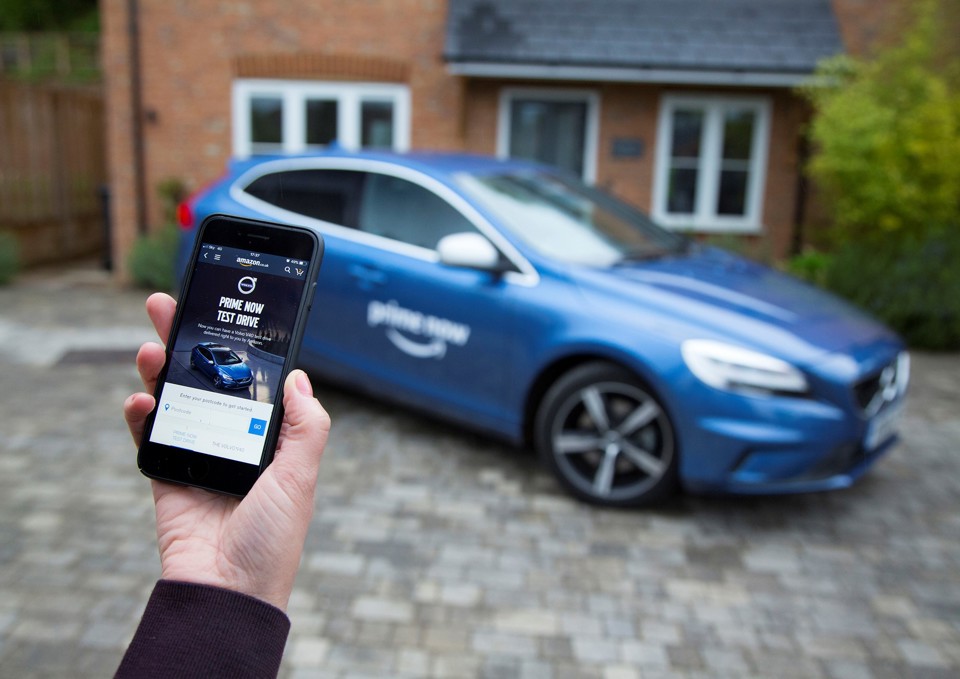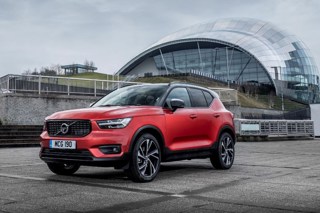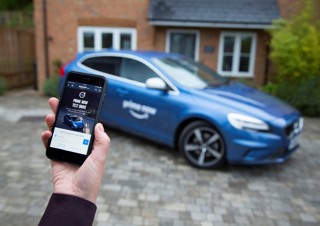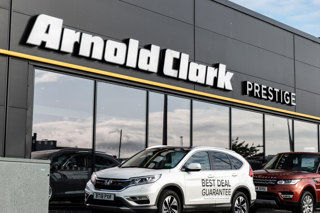Volvo UK is preparing to follow-up online test drive booking trials with Amazon with the launch of its own end-to-end web-based car sales platform.
The brand’s managing director in the UK, Jon Wakefield, announced the company’s plan to retail cars online from April during a briefing with members of the media.
Developed in partnership with Volvo finance provider Santander and other, as-yet-unnamed suppliers, the platform will offer customers the chance to access a vehicle from the Volvo range via contract hire or PCP agreements.
It is understood that the site will be populated with deals from with Volvo’s franchise retail network, with finance and part exchanges all agreed online and the finished cars delivered through local retailers.
A spokesman for Volvo Car UK told AM that many details of the new offering have yet to be announced, but said: “The idea is that it will be a fully end-to-end online sales system which will effectively give the customer the option, at any point in the transaction, to break-off and go into the retailer.
“You’ll be able to configure and order he car online, which makes it a comprehensive solution.”
Asked about the margin that Volvo retailers could expect as a result of sales generated entirely through the new platform, the spokesman added: “Every sale will still, ultimately, be completed through the retailer.”
In May last year Volvo Car UK teamed up with online retail specialist Amazon in a bid to drive convenient access to its vehicles with a ‘Prime Now test drives’ initiative.
The partnership allowed Amazon customers to book a test drive via the Prime Now UK delivery platform and have a Volvo V40 hatchback delivered to their door by a Volvo product specialist at the time of their choosing.
The initiative was initially trialled with the V40, and for a limited time only, in London, Birmingham, Manchester and Edinburgh.
Volvo achieved its highest number of registrations in 28 years in the UK Last year.
A total of 50,319 new cars were registered in the UK, taking the brand’s market share to 2.13% in 2018, up from 1.82% in 2017.



















Login to comment
Comments
No comments have been made yet.